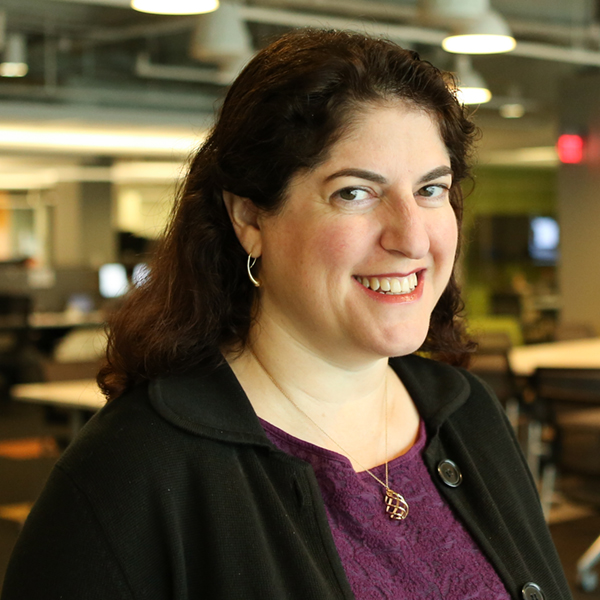
Thank you for the tremendous response so far to our #30DayDonorChallenge, which can be found here. More on this week's challenge below.
But first: Last week I had the pleasure of addressing the Partnering for Cures conference, convened by FasterCures, a Center of the Milken Institute. Partnering for Cures brought together people from all sectors of the medical research enterprise and others interested in saving more lives by accelerating the medical research process. I was honored by incredibly accomplished co-speakers—moderator Katie Hood (former Executive Director of the Michael J. Fox Foundation), George Vradenburg (President of the Vradenburg Foundation), Howard Fillit (Executive Director of the Alzheimer's Drug Discovery Foundation), and others.
I was struck that many of the remarks resonated at personal levels (despite all of the science jargon around Phase IIA vs. IIB trials that flew around the room). In discussing the challenges and opportunities inherent when philanthropists use their funds as risk capital, we noted the difficult personal requirement of leaders (and boards of directors) to simultaneously hold themselves accountable for a particular set of outcomes over the long haul, and at the same time be willing to adapt that strategic clarity to changing circumstances.
I was particularly inspired by George and Howard's partnership in working toward a cure for Alzheimer’s disease. Their collaboration is substantive: There is shared money on the table and a shared sense of accountability around successful drug discovery and development. But most striking has been their ability to successfully adapt their approach over time—requiring deep personal trust and respect, a long-term shared strategy around the possible pathways to achieve those goals, and perhaps most important, a shared sense of being flexible (rather than rigid) about what it might take to get there.
This was just one example where clarity regarding each donor’s values and beliefs was a bedrock of success. In a related vein, I was also struck by how success for donors depended on a clear focus on shared outcomes and donors taking personal accountability for those outcomes—not just holding grantees accountable. And how important it is for donors to hear that message directly.
This leads me to this week's #30DayDonorChallenge theme. In this week we focus on your values and beliefs. It's Thanksgiving week, so we hope making a difference with your philanthropy will be top of mind as you celebrate with family and friends. We look forward to hearing about it!


